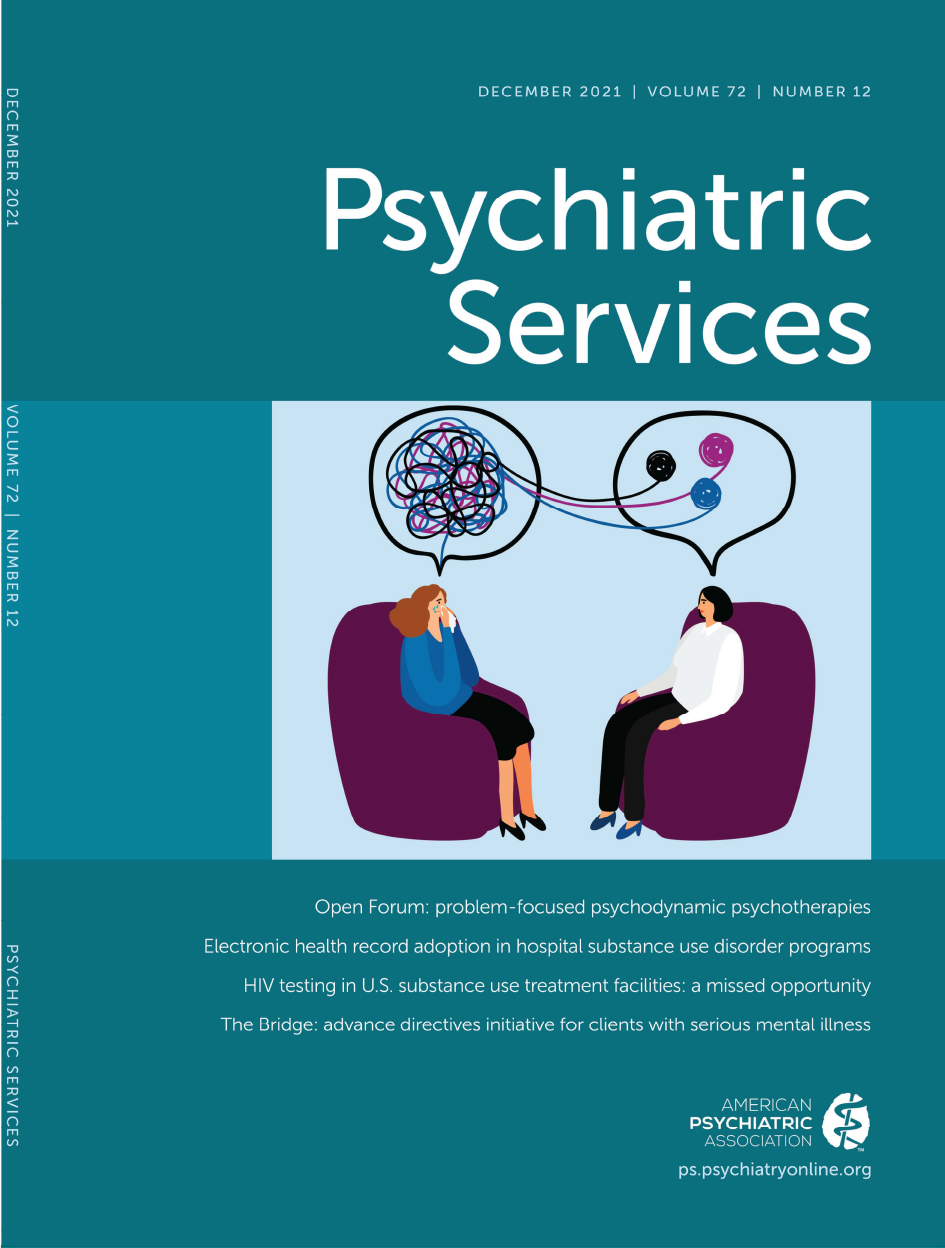The Bridge Between Racial Justice and Clinical Practice
Vinson and Dennis (1) provide a troubling analysis of the failure of the U.S. mental health care system in caring for Black and Brown people with serious mental illnesses. The authors focus on the overrepresentation of individuals with serious mental illnesses in the criminal legal system and the gap in health care coverage created by the interplay of systemic racism and public policy, which lays the foundation of limiting mental health care providers. This, combined with individual racism and biases, further restricts access to mental health care.
One gap in coverage arises from the Inmate Exclusion Policy (IEP) that has excluded people involved with the criminal legal system from Medicaid coverage since the passage of Medicaid and Medicare in 1965. The IEP prohibits Medicaid reimbursement for individuals detained for >30 days, even if detained because they cannot afford bail or criminal charges have not yet been filed. This policy renders many Medicaid-covered jail detainees medically indigent. States must then scramble to reinstate coverage when a detainee is released. This exclusion disproportionately harms individuals from Black and Brown communities and symbolizes a complex interplay of the systemically racist judicial, medical, and housing systems and public policies.
To return to the community psychiatrist side of this equation: roughly one in three psychiatrists accepts Medicaid, the insurance most accessible to those with serious mental illnesses. Roughly half of psychiatrists accept Medicare or some private insurance. Low Medicaid reimbursement and complex state reimbursement practices are often used to explain low psychiatrist participation in Medicaid. This shift began in the late 1980s, when behavioral health managed care insurance removed roughly half the reimbursement from behavioral health claims, strongly reducing all types of behavioral health services. The critical state of the U.S. mental health workforce was documented over a decade ago by the Annapolis Coalition; its report, funded by the Substance Abuse and Mental Health Services Administration, pointed to severe shortages and maldistribution of providers. It especially noted the lack of providers equipped to address minority and immigrant populations, persons with comorbid conditions, and special populations, such as persons in the criminal legal system. Shortages are particularly acute for uninsured and publicly funded patients and are exacerbated by independently practicing psychiatrists who are often ill-equipped to provide multidisciplinary care. Many psychiatrists do not accept any insurance because of low reimbursement, high demand for their services, and administrative hurdles in managing insurance claims. By refusing to accept insurance accessible to most patients with serious mental illnesses, psychiatrists limit care access and perpetuate the existing socioeconomic and racial segregation in mental health care for people with serious mental illnesses. Effective parity enforcement paired with other reforms and policy changes, such as Medicaid expansion to states that have not adopted it, are just a few steps that might encourage psychiatrists to retool their mode of practice to care for more diverse and clinically complex patients.
Unless more mental health clinicians are willing to accept Medicaid, the effects of any Medicaid reform will be limited, yet systems-level solutions are still needed to address gaps in population coverage just as systems-level policies led to their creation. Reforms must include interventions that train providers in recognizing and addressing the social determinants of mental health and racism. With the ever-changing landscape of health care models, reform in accessibility and delivery of care requires advocating for systems change from the top down. As Vinson and Dennis document, effective reform must address the failures of the mental health care system in stemming the overrepresentation of people with serious mental illnesses within the criminal legal system, misalignment of services covered by Medicaid versus those that are most needed, and disparity in access to evidence-based treatment. We must continue to improve mental health care; otherwise, treatment parity will remain unattainable for our most vulnerable patients.
1 : Systemic, racial justice–informed solutions to shift “care” from the criminal legal system to the mental health care system. Psychiatr Serv 2021; 72:1428–1433. Available at doi: 10.1176/appi.ps.202000735Link, Google Scholar



